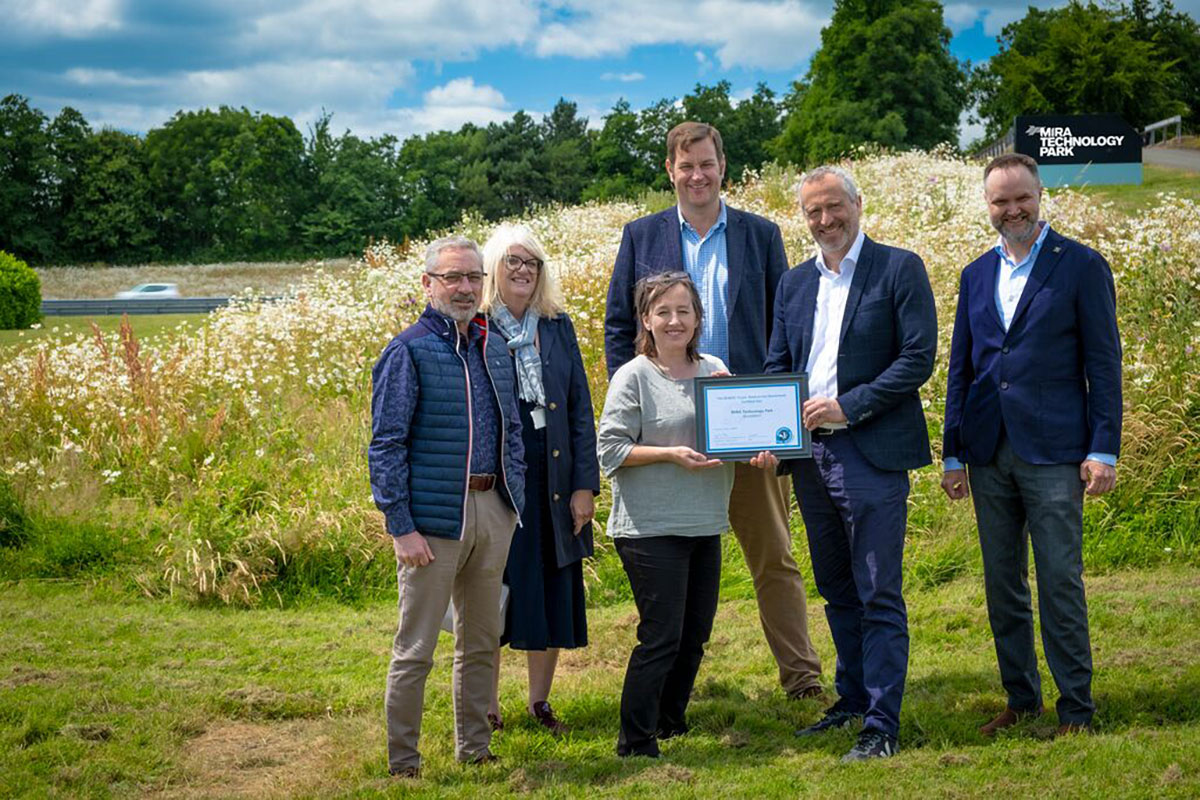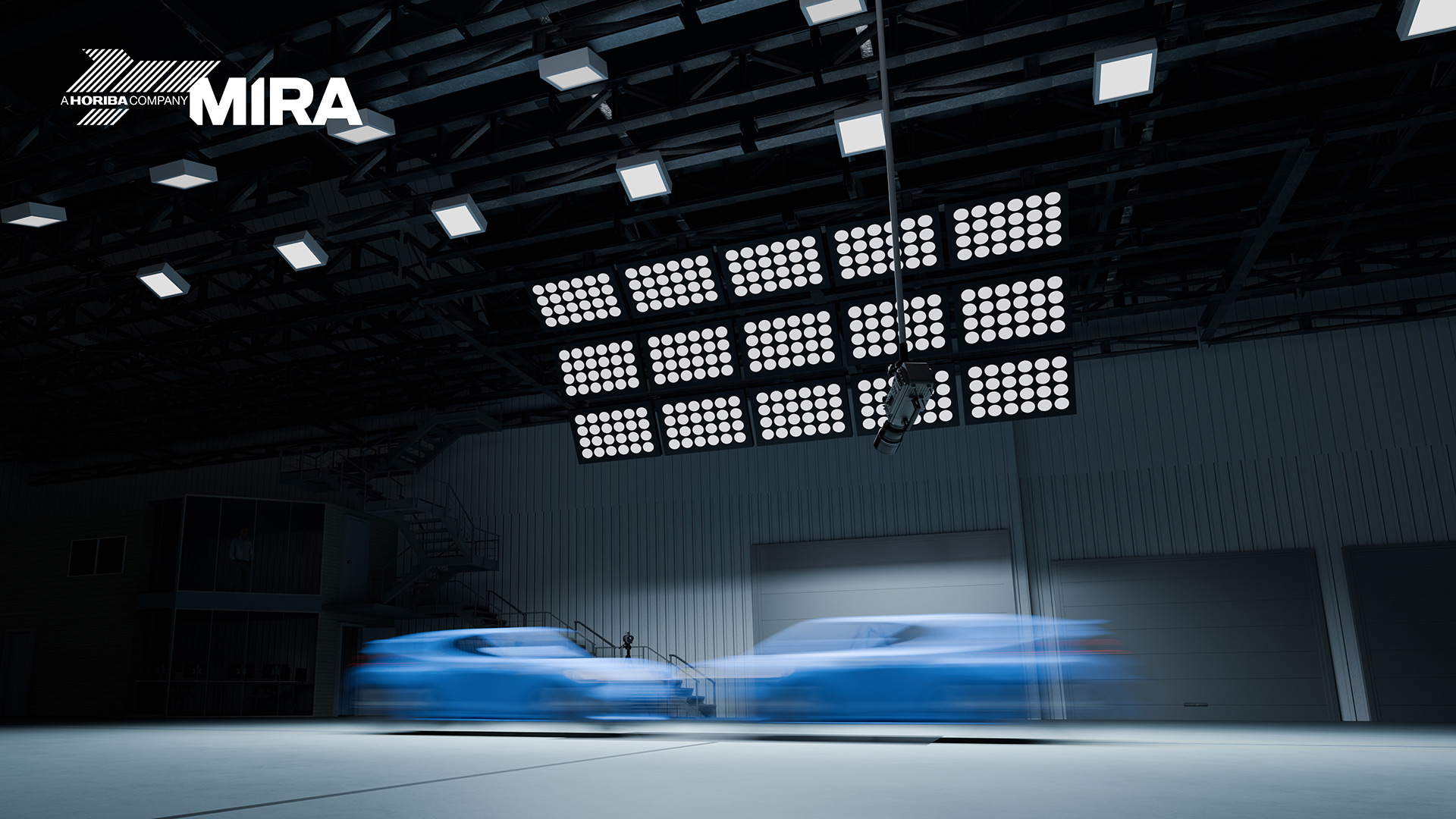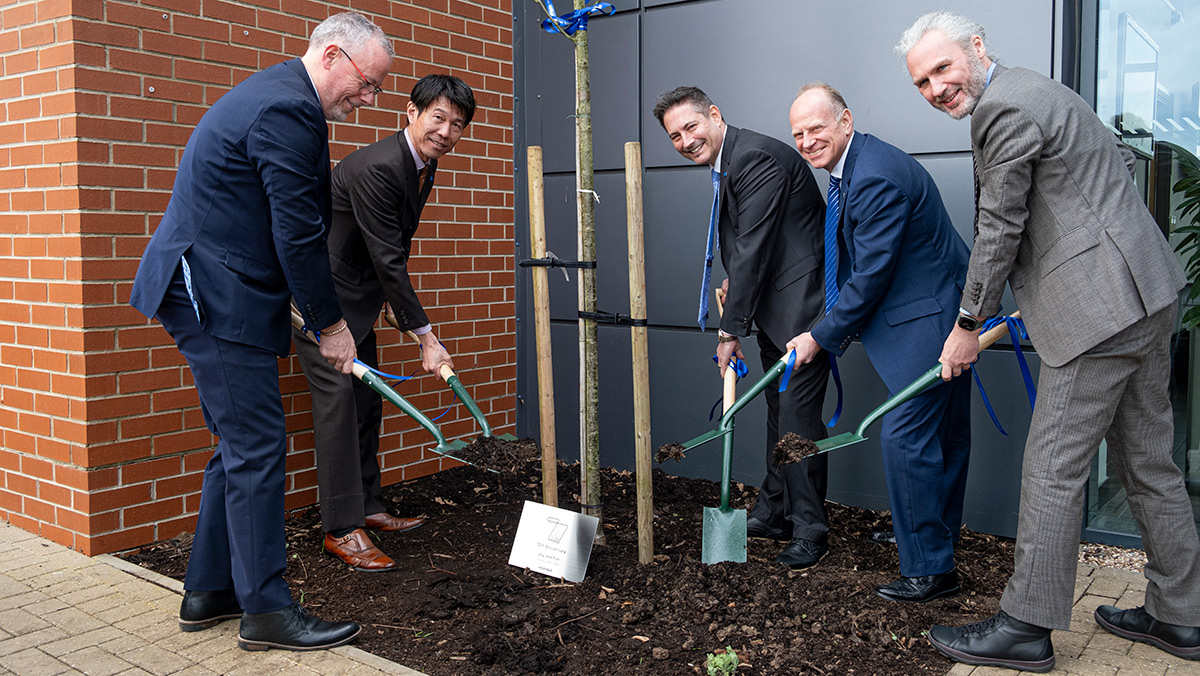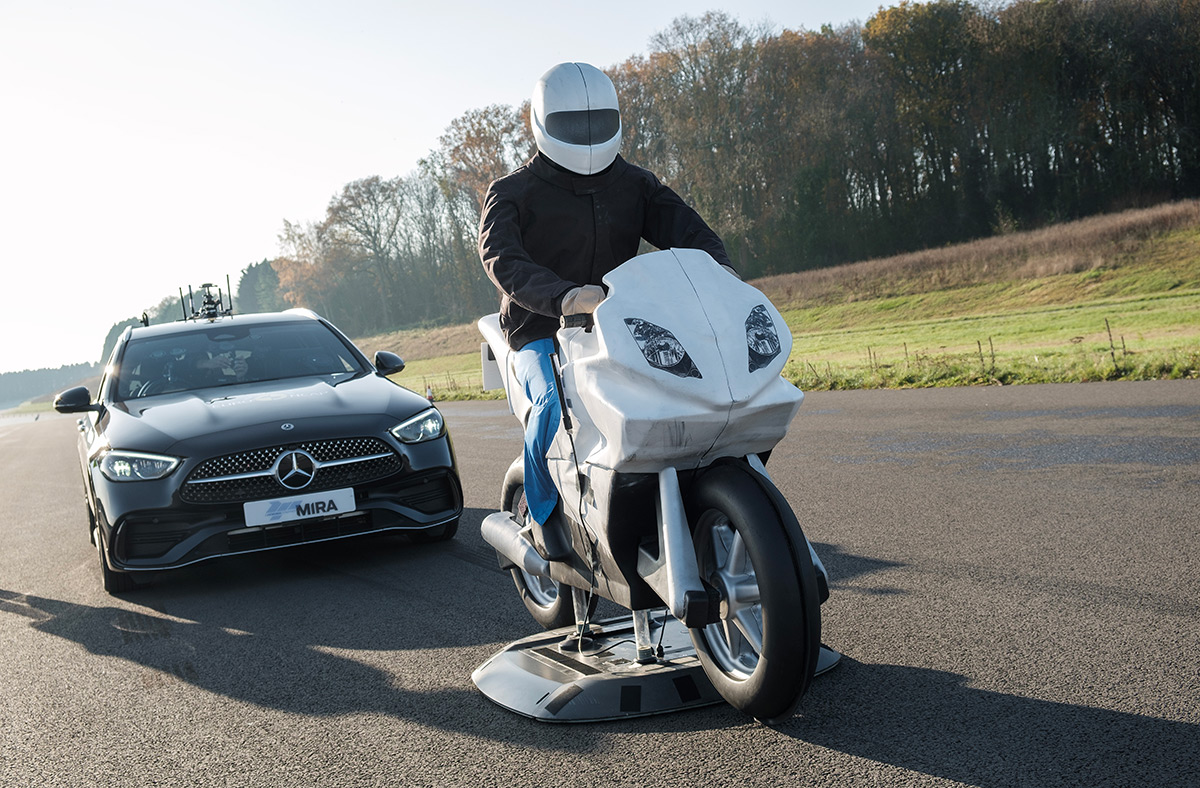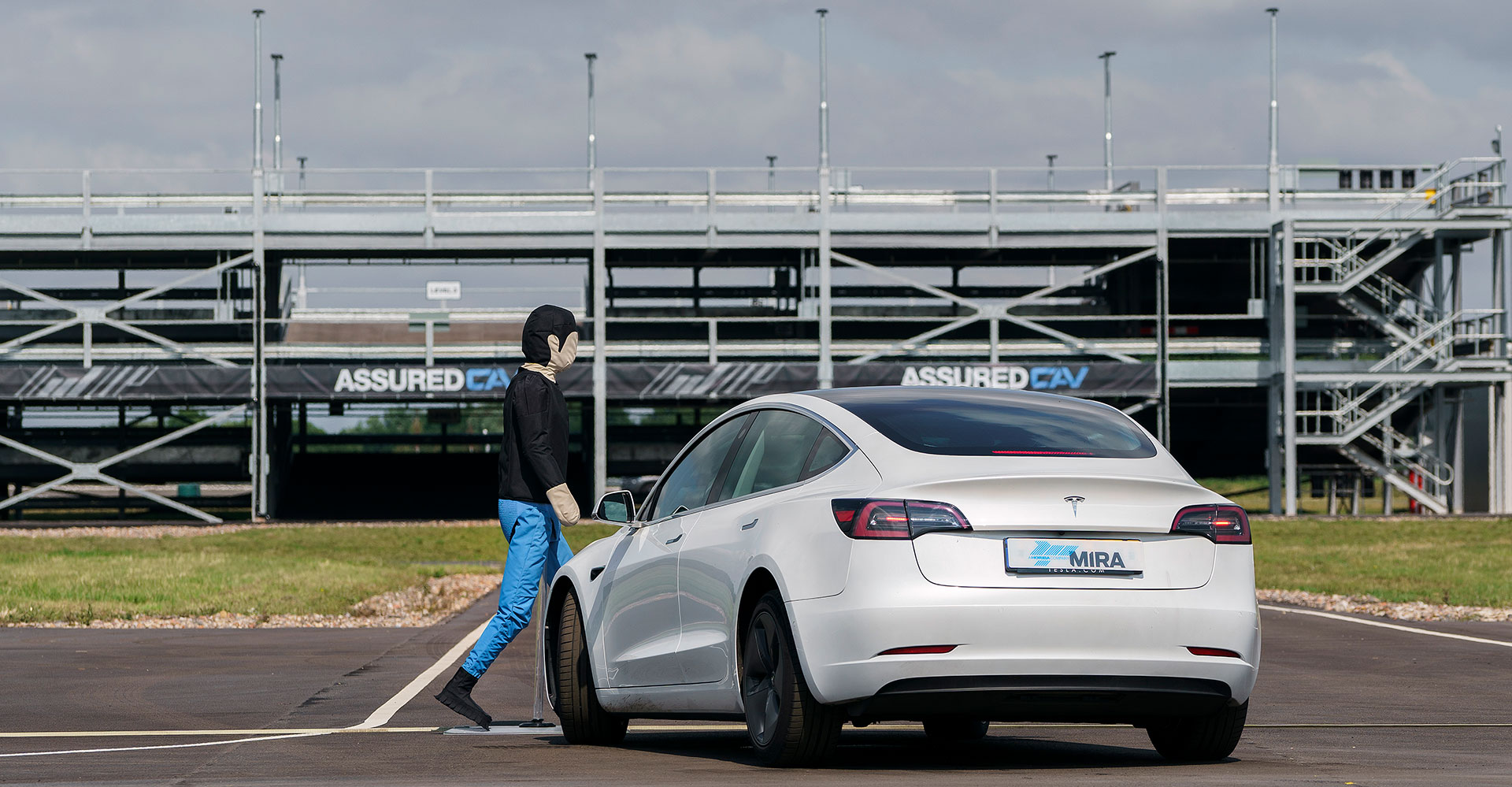New Test Facility Highlights First Phase of MIRA’s £1 Million Commitment to Battery Development
MIRA – the advanced engineering, research and testing organisation – is set to play a vital role in the development of hybrid, electric and range extended vehicles following the launch of a unique facility dedicated to optimising battery technology.

This latest £450,000 outlay is part of a planned £1 million investment in battery testing capability at MIRA’s Basildon based technology centre. The development recognises that battery use is increasing in line with the growth in popularity of electric and hybrid electric vehicles but also remains the main obstacle to mass market take-up because of their comparatively limited range.
Making the announcement, MIRA’s Environmental Test Services Manager Eamonn Martin, said:
“Our new facility is one of a kind. It offers state-of-the-art battery pack, module and cell testing alongside full environmental simulation capability.
“This expands and enhances MIRA’s existing offer in power electronics, battery management strategy and functional safety – enabling us to analyse factors such as the variable effects of extreme weather on battery performance in order to engineer appropriate solutions.”
Featuring a Bitrode FTF 1-400-500 (for testing batteries of up to 500V / 400A), a Bitrode FTV4-300-48 (for testing up to 4 modules at once from 0-72V / 300A), plus a Prosig PS8048 150 channel datalogger able to log both voltage and temperature with each voltage channel being isolated – the new facility has already helped MIRA secure a major multi-million pound programme with a premium European OEM
Eamonn continues:
“Our ability to access and interpret comprehensive road load data, means that we can offer an unprecedented level of simulated ‘real world’ testing on both single cells, clusters, modules and fully functioning prototypes.
“We are also investing in a Kratzer VES2 250kW 800V – 700A in the next few months capable of testing higher powered battery packs and because all of the equipment is also fully compatible with our environmental performance facilities (which test components in temperatures from minus 70 degrees Celsius to 200 degrees Celsius) MIRA is now home to one of the most advanced battery testing facilities in Europe.”
